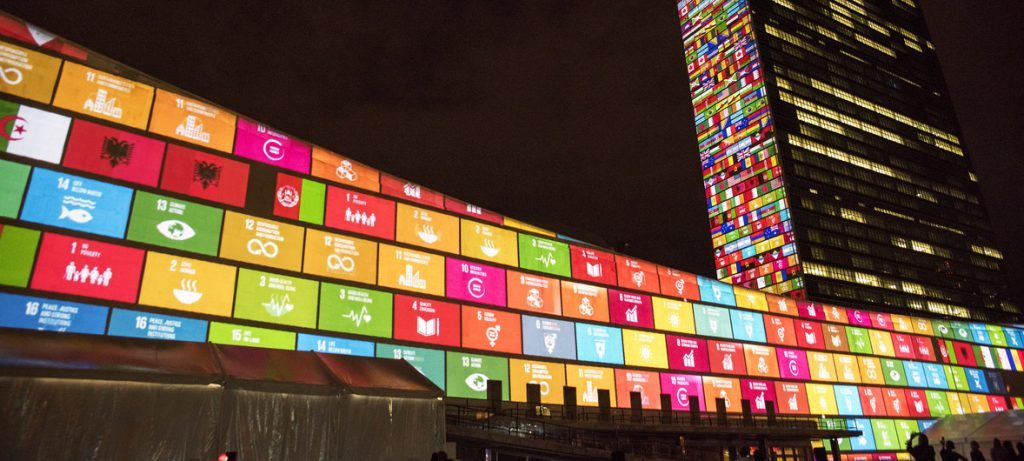Survey maps signatory corporations of Global Compact Network Brazil

By Marcos Cardinalli

A study developed by researchers from Universidade Estadual Paulista (UNESP – Bauru/SP) showed the commitment of Brazilian companies to the Global Compact in recent years. The research was presented in September 2019 during the Latin American Congress of Peace Studies in São Paulo.
Created in the year 2000 by the United Nations (UN), the Global Compact aims to engage private, public, and third sector companies in a public commitment to align their actions with sustainable development, fostering a culture of peace.
According to scholars, more than the search for a seal of global ethical alignment, companies and institutions that adhere to the UN Global Compact are communicating something to Brazilian society.
For the authors of the research, Peace Studies are aligned with the purpose of the Global Compact since they favor a theoretical and practical perspective whose goal is to achieve the “positive peace,” which according to the researchers is the elimination of structural and cultural violence. From this, it becomes strategic to rethink the forms of communication to break with the culture of violence, and institutions play an important role in this goal.
Results
In May 2019, the Global Compact Brazil Network reported that 838 Brazilian organizations – from the public, private or third sectors – joined the movement. According to Raquel Cabral, professor responsible for the research, all these organizations were mapped, segmenting them by sector, segment, or size, number of employees, and year of adherence to the Global Compact, to identify trends in adherence and commitment to the movement guidelines.
“We recognize that there is a relevant mobilization by the Brazilian Global Compact that has intensified in recent years. We also observed a growing movement of organizations that became signatories. Their motivations can be varied; however, it is relevant to identify that this is a global alignment that has pressured organizations around the world to take responsibility for the implementation of the SDGs”, says Cabral.
The importance of organizational communication
By adhering to the Global Compact, corporations have aligned their communication with the movement’s guidelines, conveying messages, and establishing a communicational relationship with their stakeholders.
In addition to the Global Compact’s communication efforts to engage institutions, speeches produced by signatory corporations – whether through adds and institutional statements, for example –, can rally public opinion and foster debate on Agenda 2030 themes.
In this sense, communication for peace, according to the researchers, may offer relevant guidelines for organizational communication, since communication management requires competencies of responsibility, ethics, and transparency, to favor communication that breaks with the culture of violence.
The full research results will be available soon. For more information, contact Professor Cabral at raquel.cabral@unesp.br
Marcos Cardinalli is a journalist and administrator specializing in sustainability and diversity content. He is currently a Communication Coordinator at the Ideia Sustentável consulting firm and a member of the Global Compact Network Brazil Engagement and Communication Commission.
Destaques
- Painel de Cases do Prêmio Aberje antecipa tendências da comunicação corporativa
- Conectando dados: insights da quinta reunião do Comitê de Cultura de Dados e Mensuração de Resultados
- CEOs discutem desafios da comunicação na liderança corporativa
- Belém recebe lideranças para discutir sustentabilidade e desenvolvimento na Amazônia
- Quinta reunião do Comitê de Comunicação Interna, Cultura Organizacional e Marca Empregadora debate engajamento de colaboradores
ARTIGOS E COLUNAS
Leila Gasparindo A força da Comunicação Integrada: unindo Influenciadores e assessoria de imprensaAgnaldo Brito Diálogo Social e Comunicação Corporativa: A Construção do Valor na Era dos DadosHamilton dos Santos O esporte na mira da crise climáticaGiovanni Nobile Dias Agilidade sem perder a qualidade: desafios da comunicação contemporâneaRicardo Torreglosa A consolidação do projeto de integração entre Comunicação e RelGov



























